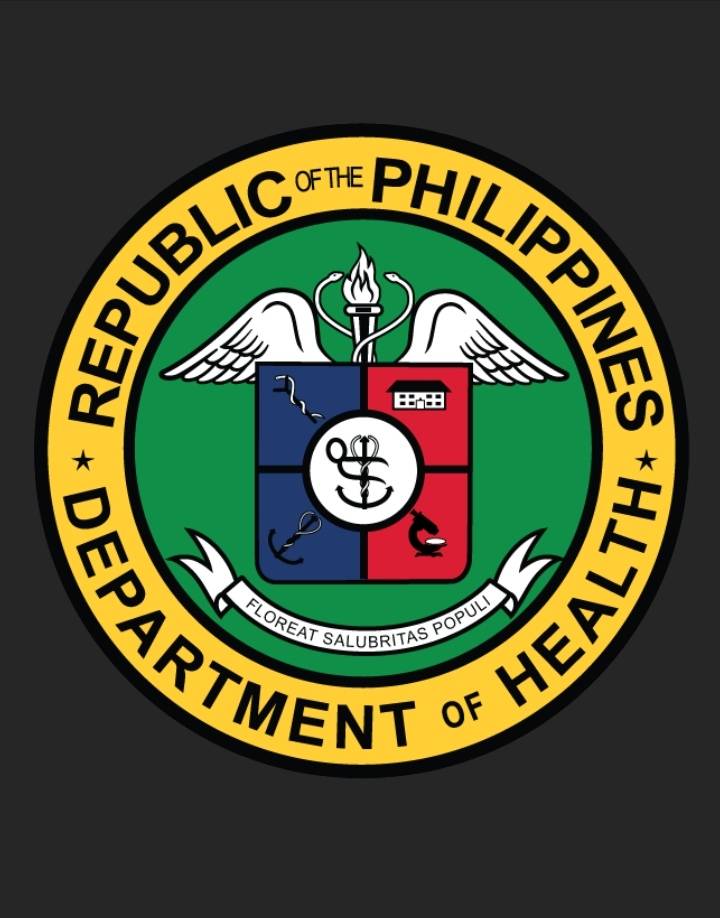DOH lauds NEDA Board's approval of P27.9-B health resiliency project
The Department of Health (DOH) on Friday, Oct. 18, welcomed the National Economic and Development Authority (NEDA) Board's approval of its P27.9 billion health resiliency project.

In a statement, the DOH said it received NEDA’s approval on Oct. 16 for two major health sector initiatives: the Health System Resilience Project (HSRP) and a one-year extension of the implementation period for the USAID - Development Objective Grant Agreement (DOAg) for Improved Health for Underserved Filipinos.
Health Secretary Teodoro J. Herbosa expressed gratitude to the NEDA Board, led by President Marcos.
“These new health initiatives will greatly support the vision outlined in our National Objectives for Health, which are geared toward achieving universal health care,” Herbosa said.
“This ensures that all people will have access to the full range of quality health services they need, when and where they need them, without financial hardship—because in Bagong Pilipinas, Bawat Buhay Mahalaga,” he added.
The DOH explained that the HSRP is a five-year project aimed at improving health services and boosting the country’s ability to respond to health emergencies.
“This project supports the country’s goal of improving healthcare through the 8-Point Action Agenda, which includes making healthcare accessible for all, leveraging technology for faster services, and protecting against pandemics,” the DOH explained.
With a budget of P27.9 billion, the HSRP will focus on building climate-resilient provincial health systems, strengthening health emergency response systems, and advancing digital health transformation, the DOH noted.
The project is set to begin in 2025 and conclude in 2029.
The DOH also mentioned that the HSRP will target 17 provinces across the country: three in Luzon (Isabela, Masbate, and Sorsogon), three in the Visayas (Iloilo, Bohol, and Leyte), and eleven in Mindanao (Zamboanga del Sur, Zamboanga Sibugay, Lanao del Norte, Misamis Oriental, Davao de Oro, Davao del Norte, South Cotabato, Sultan Kudarat, Agusan del Sur, Maguindanao del Norte, and Maguindanao del Sur).
On the other hand, the USAID DOAg focuses on addressing major health challenges in logistics, access to medicines, and the shortage of qualified health professionals in underserved areas.
The initiative also aims to improve the delivery of healthcare services in critical areas, including tuberculosis (TB), family planning, reproductive health, HIV/AIDS, and other public health programs.
Its primary objectives are to strengthen healthy behaviors, enhance the quality of healthcare services, and institutionalize key public health systems.
The approved DOAg is a one-year extension of the implementation period from Sept. 30, 2024, to Sept. 30, 2025, of the 2019–2024 DOAg.
The DOH noted that the NEDA Board also approved the expansion of the project’s scope from 13 to 17 regions, adding Regions 1, 2, 4B, and the Cordillera Administrative Region (CAR).
The objectives of this extension include closing the gaps in family planning and TB services, supporting ongoing DOH health initiatives, and transitioning health activities to the new USAID - Philippines Umbrella DOAg.